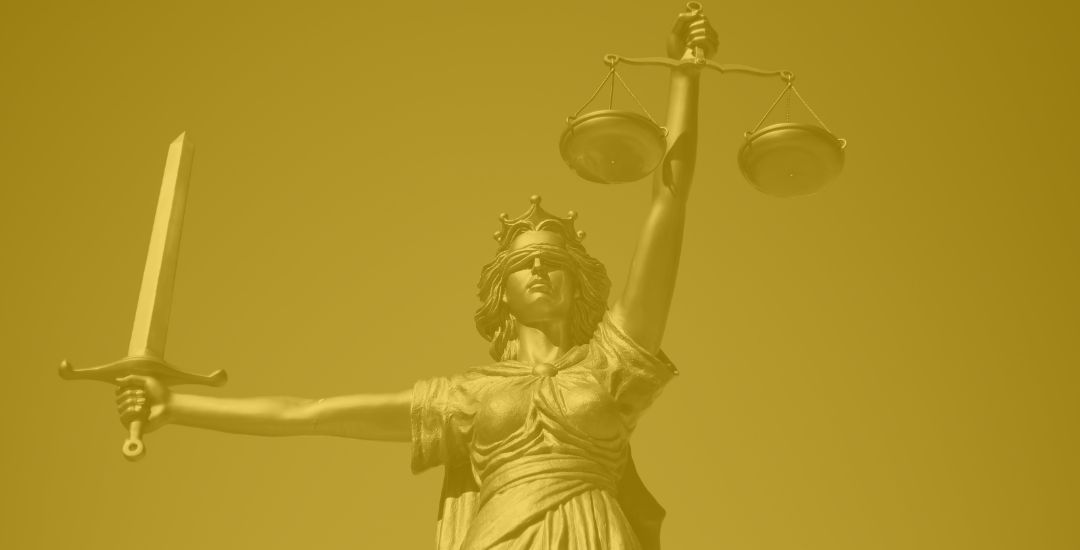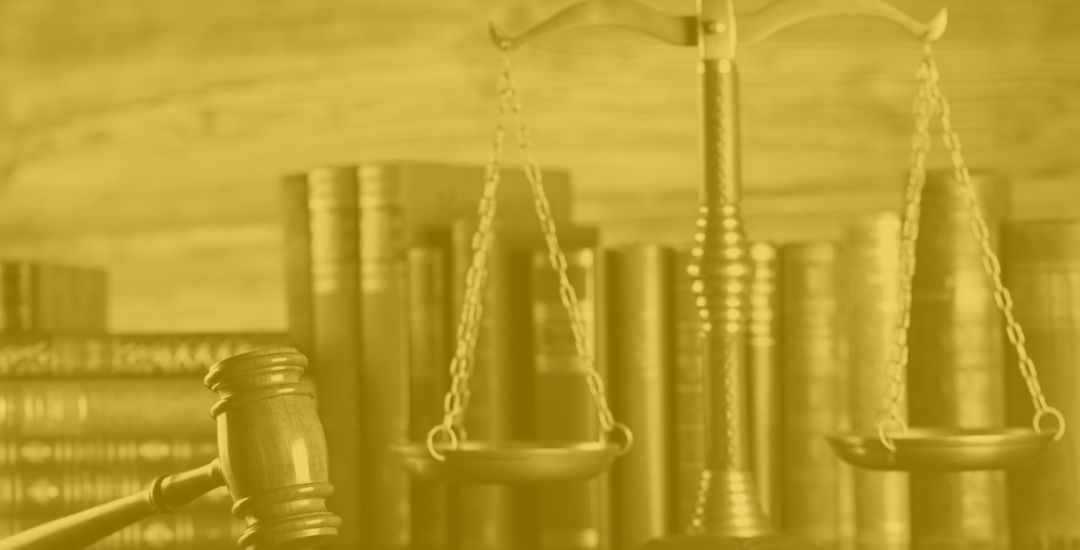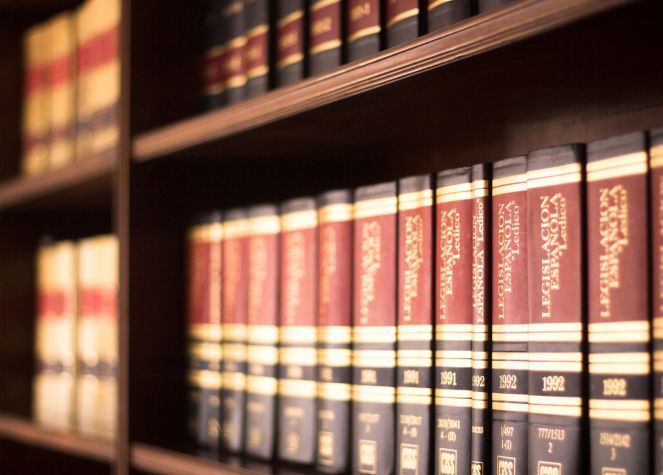Personal Injury Legal Glossary
At Lloyd & Lloyd, we know that navigating a personal injury or insurance claim can feel overwhelming. You likely have questions about the legal process, what to expect, and how to protect your rights along the way.
We’ve compiled answers to some of the most commonly asked questions to help guide you through this challenging time and provide clarity on important topics.
Whether you’re seeking information on filing a claim, understanding damages, or knowing what steps to take after an accident, our FAQ page offers insights to get you started.
For personalized guidance and support, please don’t hesitate to reach out to our experienced team—we’re here to help every step of the way.
All definitions and sentence examples are sourced from U.S. Courts definitions via Justia.com. We also used the following sources for reference:
Assumption of Risk
- A doctrine under which a person may not recover for an injury received when he has voluntarily exposed himself to a known danger.
- “By ignoring a wet floor sign at a store, the shopper accepted the assumption of risk of personal injury.”
Burden of Proof
- The responsibility of a party in a legal case to persuade the judge or jury that their version of events is accurate, to a specific degree of certainty depending on whether the case is civil or criminal.
- “In the negligence case, the burden of proof rested on the plaintiff to show the defendant’s fault.”
Comparative Negligence
- The rule under which negligence is measured by percentage, and damages are diminished in proportion to the amount of negligence attributable to the person seeking recovery.
- “Under the principle of comparative negligence, the cyclist was 50% responsible for the accident.”
Compensatory Damages
- Money that one person must pay another to cover the cost of a wrong or injury. (See damages.)
- “The company was ordered to pay compensatory damages for the property loss endured by the victims.”
Contingent Fee
- A payment plan where a lawyer earns a share of the money their client recovers in a settlement or after winning a case, typically used in personal injury cases.
- “Mr. Smith agreed to a contingent fee arrangement with his lawyer, offering a percentage of the recovered amount if the case is successful.”
Contributory Negligence
- The rule of law under which an act or omission of plaintiff is a contributing cause of injury and a bar to recovery.
- “In a recent car accident, the cyclist’s lack of helmet was considered contributory negligence, denying him any compensation.”
Damages
- The monetary compensation awarded to one party due to harm or loss caused by the wrongful conduct of another party.
- “In the lawsuit, the victim sought damages for lost income and medical bills.”
Defamation
- That which tends to injure a person’s reputation. (See libel and slander.)
- “The company filed a defamation lawsuit against the blogger who posted misleading information about their products.”
Defense of Property
- Affirmative defense in criminal law or tort law where force was used to protect one’s property.
- “In the trial, she claimed that defense of property was the reason she had used pepper spray on the intruder.”
Elder Justice Act (EJA)
- A federal law aimed at preventing elder abuse, neglect, and exploitation.
Fraud
- A false representation of a matter of fact which is intended to deceive another. Insurance, medical, financial, identity, business fraud.
- “The business was accused of fraud for misrepresenting their product’s capabilities.”

Guardianship
- A legal responsibility designated by a court for a guardian to care for a minor child or an incapacitated adult; it may involve making personal decisions or managing the ward’s assets, or both.
- “With his advanced age and declining health, the question of his son’s guardianship is being discussed.”
Indemnity
- An obligation to provide compensation (usually money) for a loss, injury, or damage.
- “The contract provides an indemnity that protects him from any legal penalties should things go wrong.”
Intentional Tort
- A deliberate action causing harm to another person, leading to legal implications.
- “His actions were classified as intentional tort as they resulted in harm to his neighbor.”
Joint Liability
- A situation where two or more individuals are held accountable for a debt, claim or legal judgment.
- “Under the concept of joint liability, all tenants were held accountable for the property damages.”
Libel
- False and malicious material that is written or published that is defamatory and hurts a person’s reputation. (Compare slander.)
- “She decided to sue for libel after a false report about her was published in the newspaper.”
Malfeasance
- The purposeful act of performing something illegal, typically by a professional or public official in relation to their duties. (Compare with misfeasance, nonfeasance.)
- “Because of his malfeasance, the official found himself facing serious legal charges.”
Malpractice
- An act or omission by a professional that deviates from the accepted standards in their field, causing harm to a patient or client.
- “The patient sued the hospital for malpractice after the surgical error.
Mandated Reporter
- A person in a professional role such as a physician, teacher, counselor, or social worker who is required by law to report suspected instances of child abuse to the relevant state agency.
- “The school’s new training program emphasized the responsibilities of a mandated reporter in case of suspected child maltreatment.”
Misfeasance
- Improper performance of an act that may have been lawfully done. (Compare malfeasance, nonfeasance.)
- “The doctor’s misfeasance in writing the wrong dosage on the prescription led to the patient’s illness.”
Money Judgment
- A court ruling ordering one party to pay a specified sum of money to another party.
- “The court issued a money judgment against the defendant, ordering him to pay the sum owed.”
Negligence
- Failure to use care which a reasonable and prudent person would use under similar circumstances.
- “The restaurant owner was sued for negligence after a customer slipped on a wet floor and injured themselves.”
Nonfeasance
- The negligence in performing a required action or responsibility.
- “The city could face legal issues due to nonfeasance in maintaining roadways.”

Pain & Suffering
- Damages claimed in a personal injury lawsuit for the physical discomfort, emotional distress, and diminished quality of life caused by someone’s wrongful acts.
- “After the car accident, he claimed damages for pain and suffering due to his inability to continue pursuing his hobbies.”
Personal Injury
- Physical harm caused by another person’s wrongful actions, which can also result in financial losses and emotional distress.
- “The construction worker filed a lawsuit to cover his medical bills and lost wages from the personal injury he received on the job.”
Power of Attorney
- A document granting another individual the legal authority to make decisions on your behalf, remaining valid even if the grantor becomes incapacitated.
- “Due to his deteriorating health, John granted power of attorney to his wife.”
Product Liability
- Legal responsibility of manufacturers and sellers to buyers, users, and bystanders for damages or injury.
- “The company faced serious product liability after a user was injured by their faulty home appliance.”
Proximate Cause
- The last negligent act which contributes to an injury. A person generally is liable only if an injury was proximately caused by his or her action or by his or her failure to act when he or she had a duty to act.
- “In a car crash case, the court found that the driver’s excessive speed was the proximate cause of the pedestrian’s injuries.”
Punitive Damages
- Monetary compensation awarded in a lawsuit to penalize the defendant for extreme wrongdoing, instead of merely reimbursing the victim’s losses.
- “The jury awarded punitive damages in the case, as they found the defendant’s actions outrageous.”
Reasonable Person
- A hypothetical individual used in legal contexts to denote behavior that’s legally appropriate; failure to meet this legal standard can result in negligence liability.
- “Because he didn’t meet the standard of a reasonable person, he was held liable for the car accident.”
Replevin
- A legal action enabling the recovery of movable goods by rightful owners from individuals in unlawful possession.
- “Using a replevin action, the car dealership sought to regain the car from the customer who had failed to complete the payments.”
Res Ipsa Loquitor
- A Latin phrase which implies that the negligence of a defendant is presumed if an accident occurs under their control and could only have resulted from negligence, and the plaintiff didn’t contribute to it.
- “Despite no one having witnessed the accident, res ipsa loquitur, allowed the court to assume the driver’s negligence after his unattended car rolled down the hill.”
Settlement
- An agreement reached between parties to resolve a case without going to trial.
- “The injured party reached a settlement with the insurance company to avoid further litigation.”
Several Liabity
- An obligation for which an individual party is personally responsible, permitting a separate action against them without involving other responsible parties.
- “The concept of several liability allows a creditor to choose between suing one or all debtors.”
Slander
- Spoken defamation which tends to injure a person’s reputation. (See libel.)
- “The politician filed a lawsuit on the grounds of slander after false accusations about him were orally spread during the campaign.”
Strict Liability
- Automatic financial responsibility for harm caused by inherently hazardous materials or activities, without needing to prove negligence.
- “Because of strict liability, the company creating dangerous equipment was responsible for the injury.”
Tort
- A wrongful act that leads to physical, psychological, or financial harm, or property damage, usually due to someone’s negligence or intentional actions.
- “The personal injury lawyer specializes in legal cases involving torts.”
Tortfeasor
- An individual who wrongfully commits a civil injury, either purposefully or through carelessness. One who commits a tort.
- “The insurance company agreed to cover the damages caused by the tortfeasor in the car accident.”
Transferred Intent
- A situation where the intent to commit a wrong against one person unintentionally harms a different individual, thereby transferring the intent necessary to hold the perpetrator liable.
- “In the duel, his misfired bullet wasn’t meant for the bystander, but transferred intent applied.”
Undue Influence
- An improper sway over someone who may be vulnerable due to illness or emotions, often exploited by a person they depend on, to make financial choices.
- “The son was accused of undue influence when his ailing father suddenly changed his will.”
Violation
- An act of breaking a law, rule, or agreement.
- “The defendant committed a traffic violation when they ran a red light.”
Workers’ Compensation
- A form of insurance payment that an employer is obliged by law to provide to their employee or their dependents if the employee is injured during the course of performing their job duties.
- “After his accident at the construction site, John filed a claim for workers’ compensation.”

We hope this glossary has provided you with clarity on the key legal terms that define your rights and the litigation process. Understanding these concepts is the first step toward securing the compensation you deserve.
If you have been injured due to the carelessness or wrongful act of another, we encourage you to move beyond definitions and seek personalized legal counsel.
The experienced team at Lloyd & Lloyd is ready to review your case, discuss how these principles apply to your specific situation, and advocate fiercely on your behalf. Contact us today for a free consultation to ensure your claim is handled decisively and professionally.

